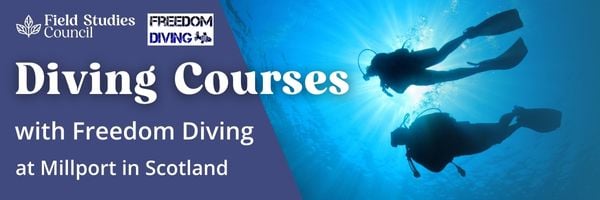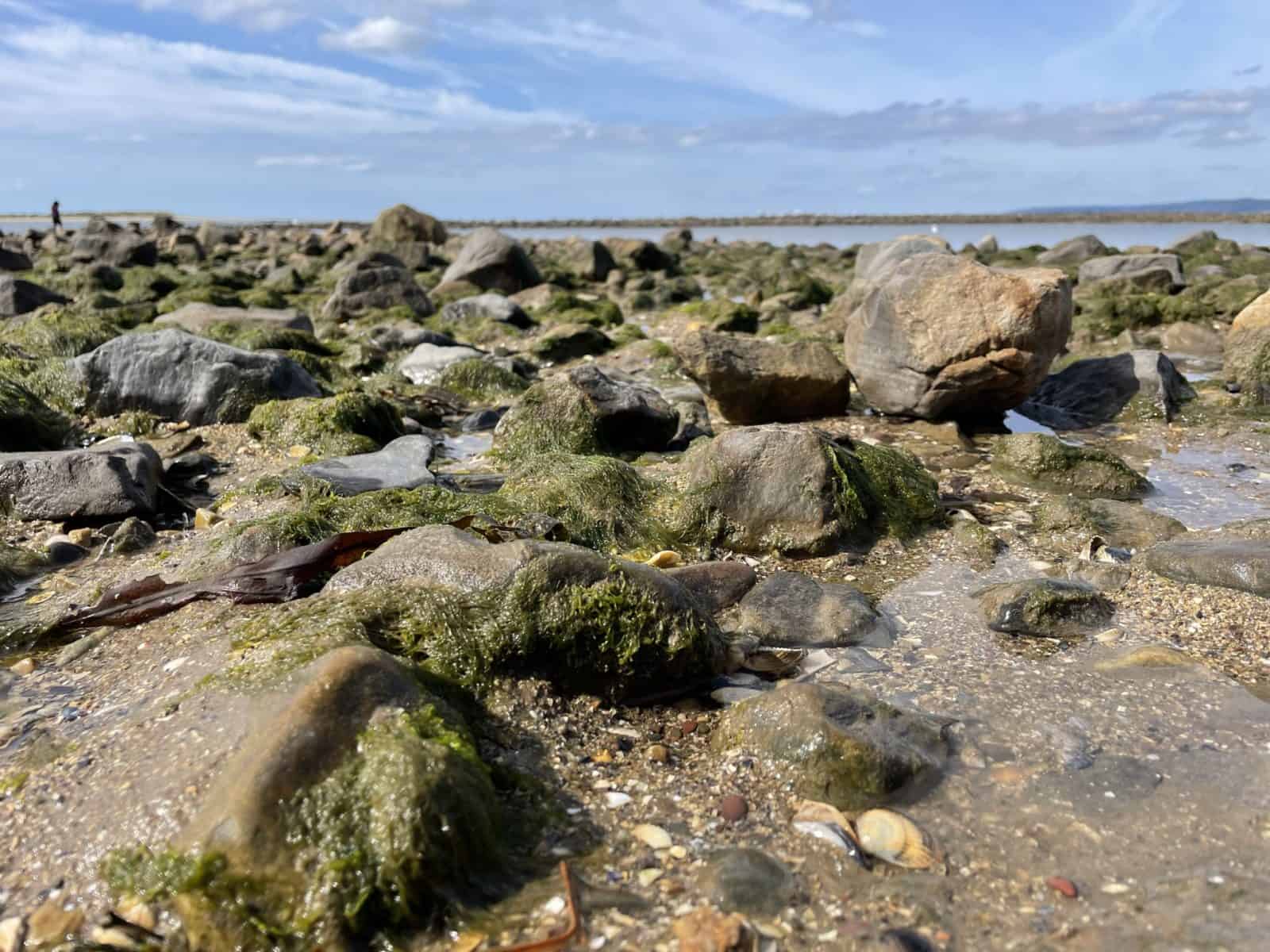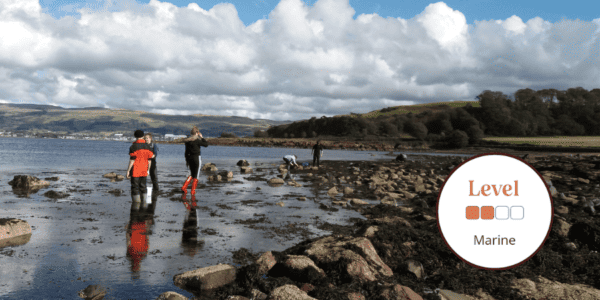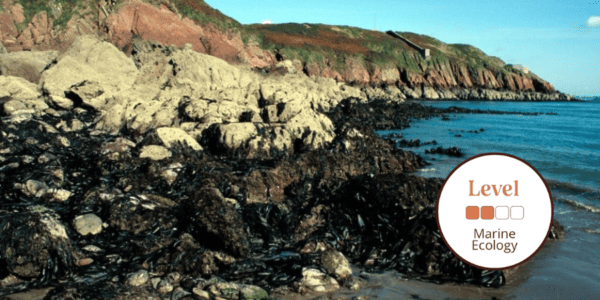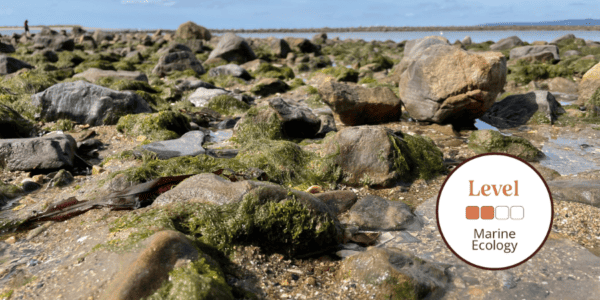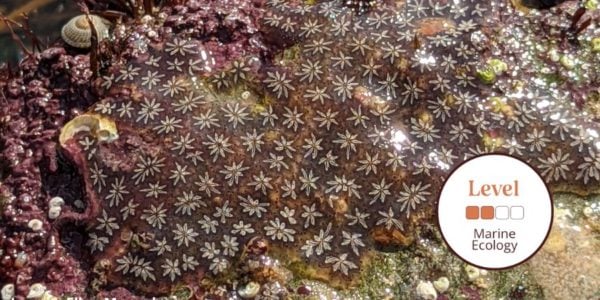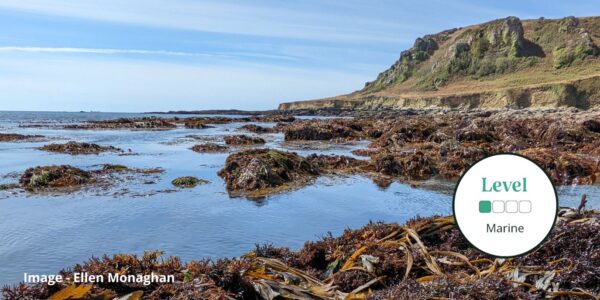
Discover more as you learn about UK marine ecology and improve your skills on our beginner to advanced courses.
We run regular marine ecology courses throughout the year delivered online and UK wide by expert tutors and follow a framework to progress your learning at a level to suit you.An estimated 260,000 different species live globally within the seas, with many yet to be discovered. Even coastal waters have about 26% of all biological diversity.
Marine Ecology
From the biggest species on earth to some of the smallest, marine and coastal areas are fascinating environment with much to explore. Many marine organisms such as plankton and whales aid in our fight against climate change through their daily activities, therefore, our understanding and appreciation of them has never been more important.
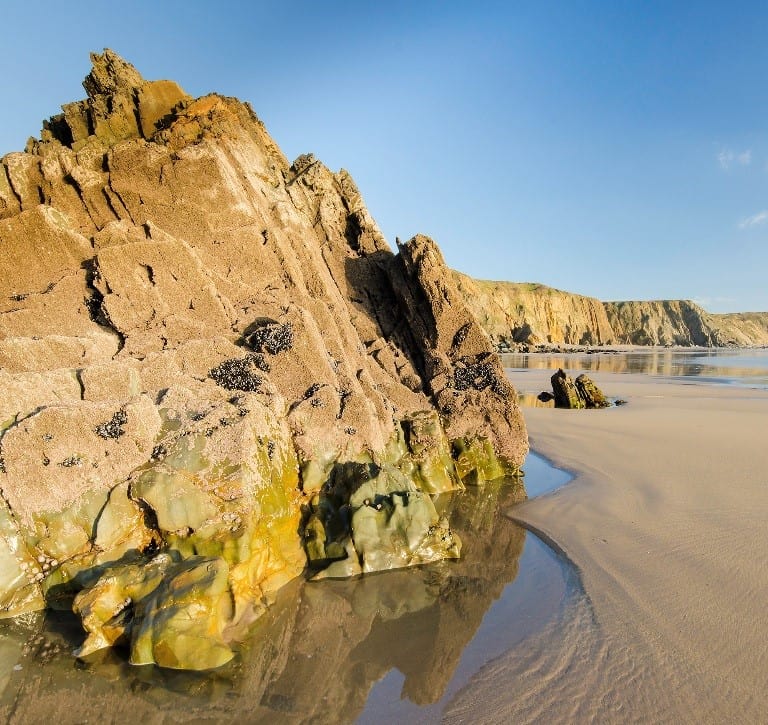
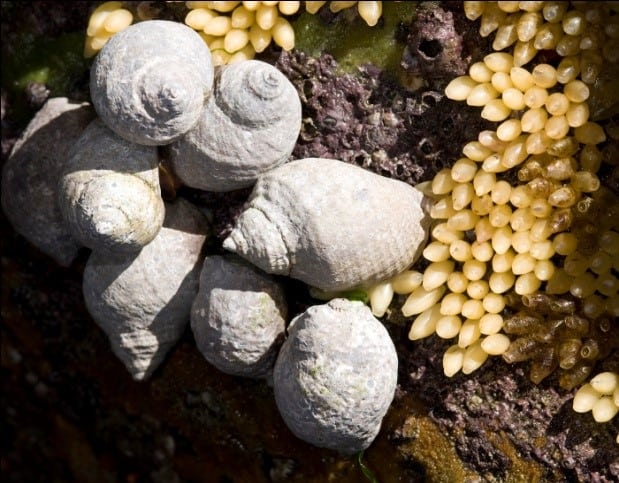
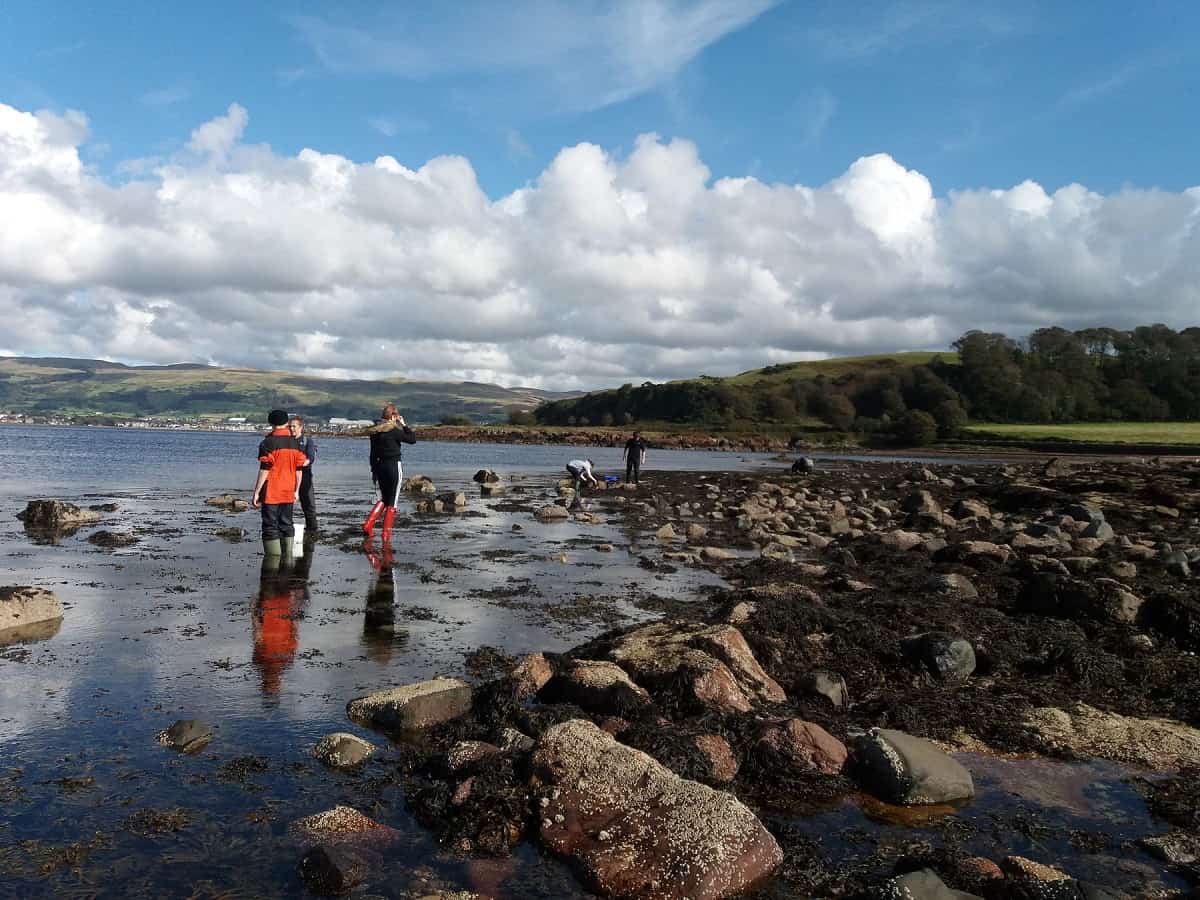
Marine Ecology Courses
Our marine ecology courses are delivered by experts in the field, and will equip you with the skills and knowledge to discover more about the habits and life-cycles of Britain’s marine and coasts. Our beginner courses are for anyone interested in discovering and exploring marine ecology.
Training is led by expert tutors who are passionate about the subject. Taking place at venues across the UK, or online, our courses are designed to progress your learning at a level to suit your needs. If you are interested in our marine ecology online training, you can read about our Moodle learning environment.
Each course is part of a learning framework. You can see the course level descriptions here. Natural history courses are available at all levels from beginner through to professional training.
Past course topics include:
Our courses are designed to appeal to those new to the world of marine biology at an introductory level, or for those already serious ocean activists, higher level courses have been ceated specifically.
- Marine Mammal biology, physiology, and ecology,
- The conservation of our marine populations
- Adaptations and Migration
- Feeding and Lifecycles
- Sampling strategies
- Practical sessions where data is collected and analysed
- Lab practicals, shore work and lectures covering the spectrum of marine mammal science
- Line-transect surveys for birds and cetaceans
- Seal colony behavioural study, an acoustic workshop, an otter diet analysis
- Land-based observation for megafauna.
Marine Ecology Resources:
The FSC Coastal wildlife of the North York Moors Guide covers 25 miles of North Yorkshire coast, There are over 70 species to spot, from sea mammals and shore birds to crabs, fish, snails and seaweeds in rockpools.
The FSC Summer coastal birds guide features 28 of the birds you can see around the coastline of Britain and Ireland in the summer months.
The FSC Winter coastal birds guide features 44 of the birds you can see around the coastline of Britain and Ireland in the winter months
FSC Marine invertebrates AIDGAP is an identification guide to intertidal and shallow water habitats around Britain and Ireland. Identification goes to at least family level.
The FSC Marine planktonic ostracods Synopsis coveres species-level identification for offshore marine Ostracoda.
